One of those undying questions of new or struggling relationships is whether or not a person's partner will cheat on them.
And one family and marriage therapist, Kate, who goes by @RestoringRelationships on TikTok, presented a formula that might be able to help some TikTokers predict whether or not they'll be the victim of a cheating partner over the duration of their relationship.
Kate described the video as "Attachment 101"—teaching viewers how to describe their and their partner's attachment styles which also illuminate how the couple would cope during a stressful event.
There are three types of attachment styles: the Avoidant, the Anxious and the Disorganized.
The Avoidant attachment style, which Kate personally refers to as "externalizers," looks for validation and coping on the outside of the relationship: in another person, in their work, in their family of origin, or even drugs and alcohol.
The Anxious attachment style, on the other hand, internalizes the issues at hand, literally. They not only put additional stress on their relationship by looking to their partner for validation, but they also look inside themselves for relief, which often materializes in the form of depression, anxiety, and eating disorders.
Finally, the Disorganized attachment style is a combination of both previous attachment styles. This person may frequently internalize their concerns, while also trying to distract themselves, such as by working too much.
You can watch the video and hear the full explanation of the theory here:
@restoringrelationships Healing for anxious attachments is expressing needs + getting support (which is v different than triangulating!) & for avoidants it’s leaning into connection #cheating #attachment
Kate went on to explain that these differences in attachment could have lasting effects on the unity of the couple, their children, and of course, the loyalty within the relationship.
An Anxious person might ironically drive their partner further away by repeatedly seeking validation from them, or withdrawing during a bought of depression. They also might put too much pressure on their children and create a negative cycle of codependency with their kids when they aren't getting what they need from their partner.
While the Anxious person might keep seeking help from inside the relationship, Kate cautioned viewers to keep on the lookout for the Avoidant types, as their need for external validation and coping could lead to more nefarious incidences like cheating.
The Avoidant attachment type has to walk a careful line between socializing and cheating, as well as other externalizations, like social drinking turning into alcoholism.
Some TikTokers were overwhelmed with how much this concept made sense.






Others were skeptical of the theory.






To put this dynamic another way, an Avoidant person and an Anxious person dating might be similar to the pairing of an Introvert and Extrovert, or an Intrinsically-Motivated person with an Externally-Motivated one. In each pairing, one person seeks validation or comfort from an outside source, while the other attempts to solve their concerns from the inside.
The TikToker did not state that every relationship features both parties. Rather, there will be some divided couples, while some couples will both be Avoidant types and others will both be Anxious types.
Ultimately, it's important to know how you cope as well as how your partner copes in tough situations. Much like the love languages we've been encouraged to honor, also honoring our partner's coping mechanisms will also make it easier to solve problems together and to keep the relationship going longer.

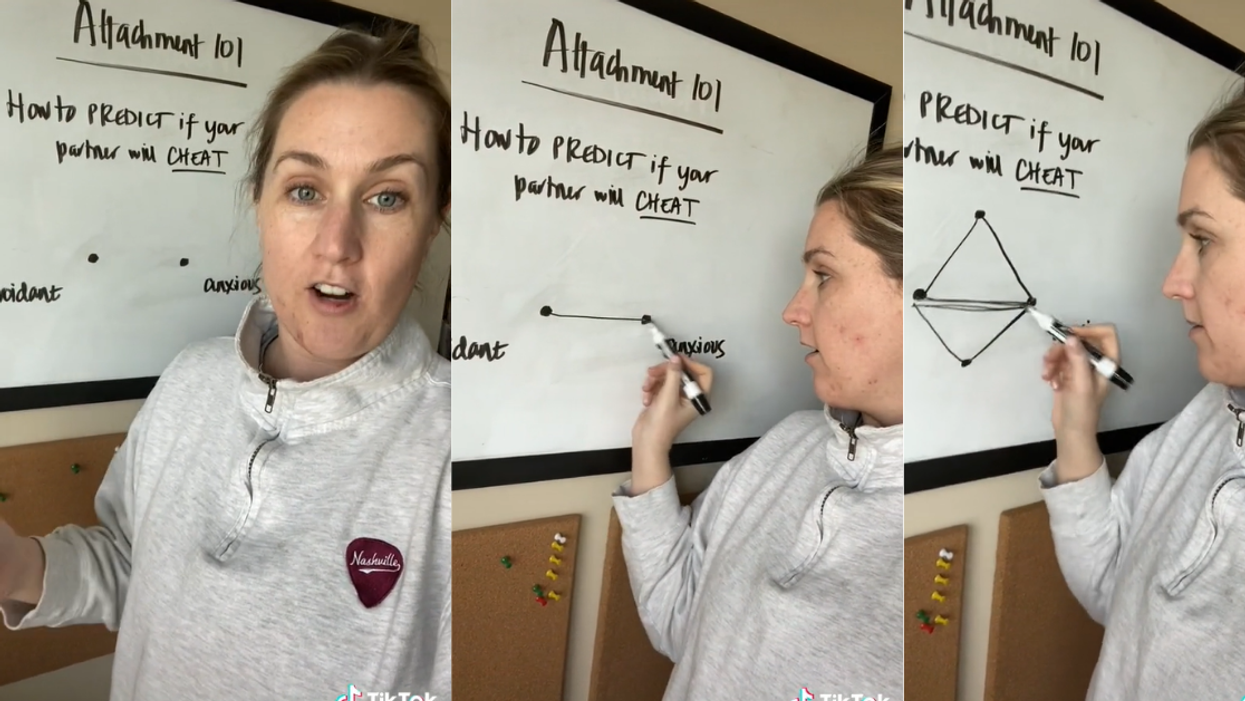

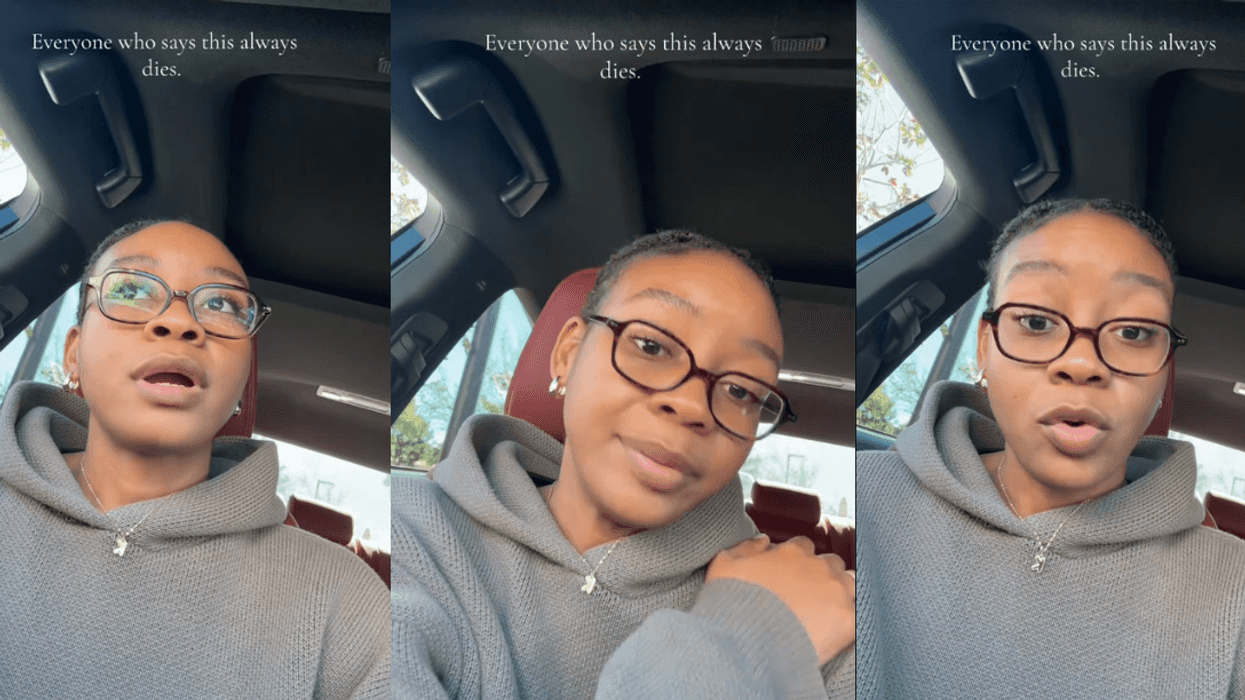
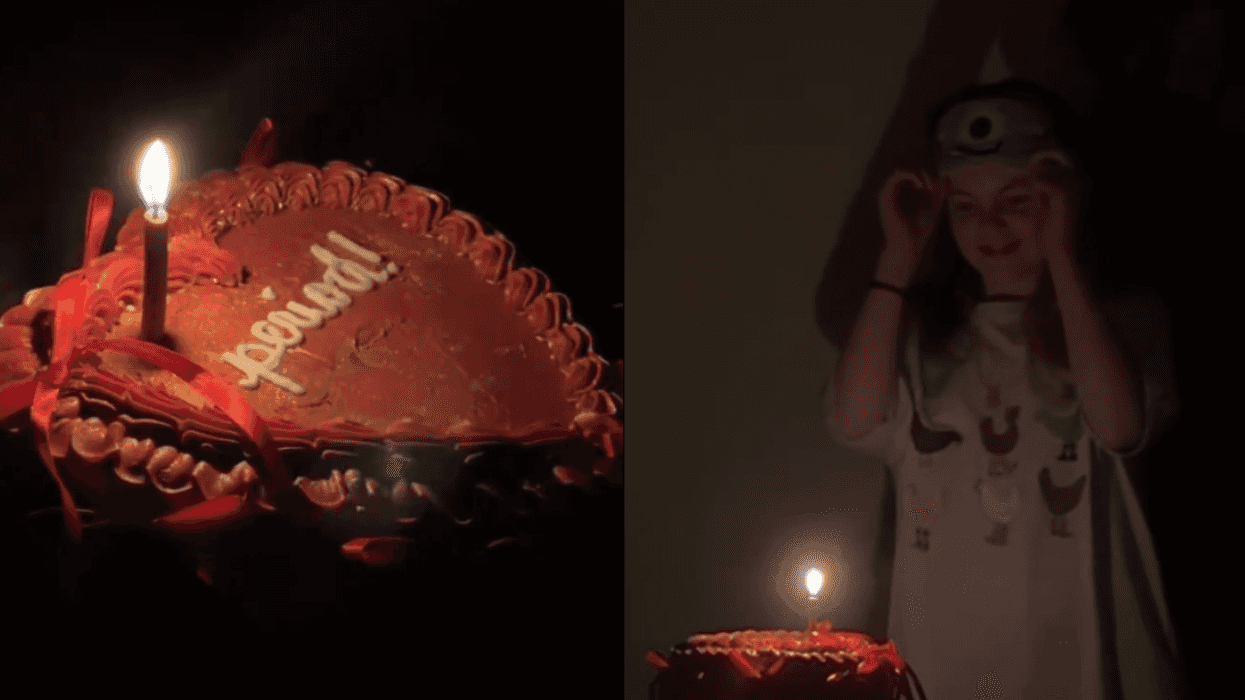








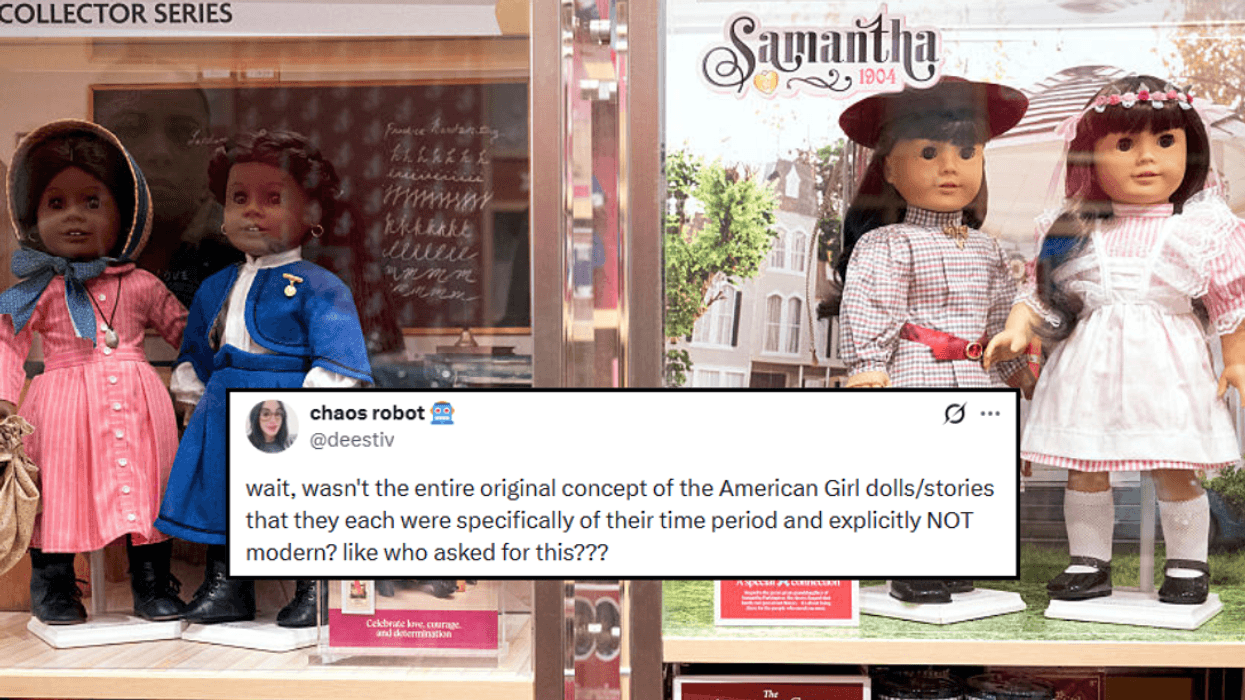
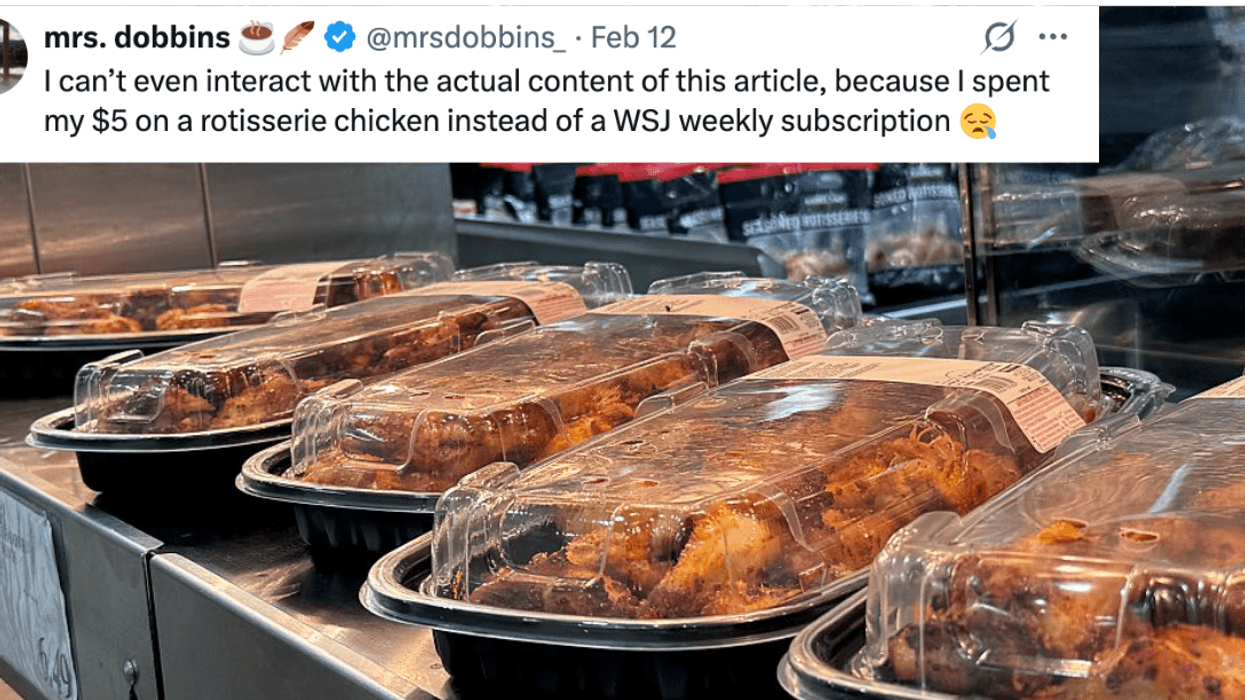

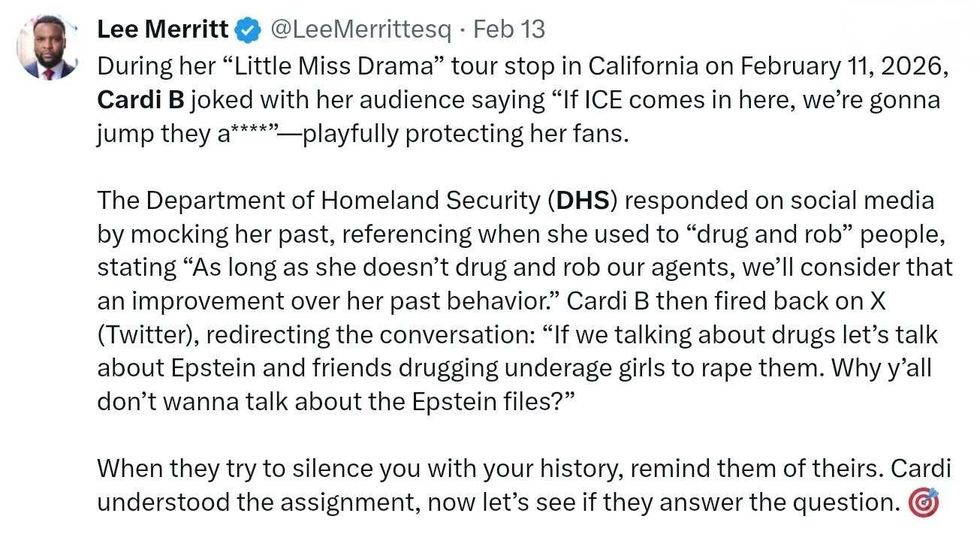 @LeeMerrittesq/X
@LeeMerrittesq/X @bob_moss/X
@bob_moss/X @jelanijones/Bluesky
@jelanijones/Bluesky @Aurkayne/X
@Aurkayne/X @sadcommunistdog; @froglok/Bluesky
@sadcommunistdog; @froglok/Bluesky